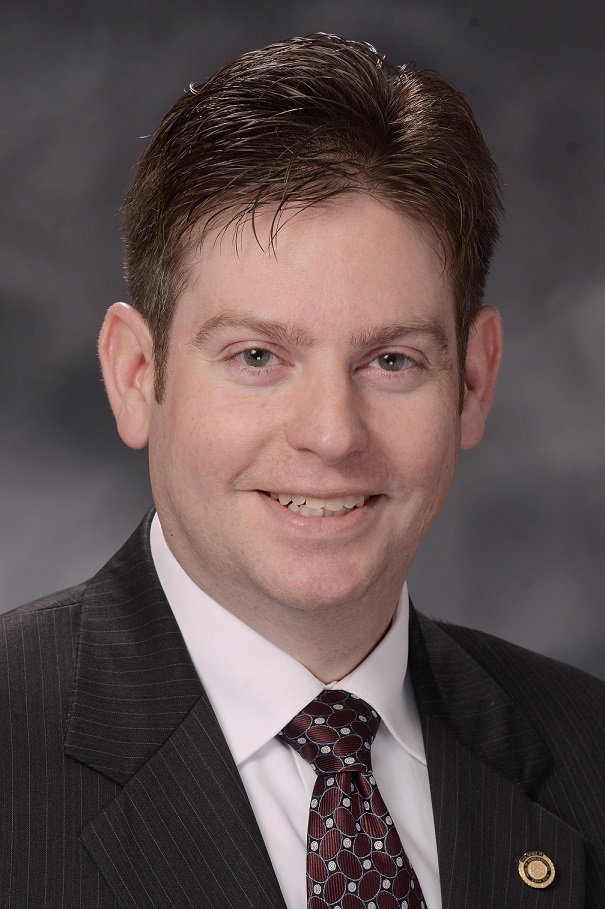A state legislator has proposed making it a crime to block streets or highways during protests or riots.

Parkville Republican Nick Marshall said he filed the bill in response to protests in recent years, such as those in Ferguson in the wake of the Michael Brown shooting and the decision by the St. Louis County prosecutor not to file charges against the Ferguson police officer that shot him.
Marshall said the goal is to discourage roadway protests, “which have the intent of blocking innocent citizens which are trying to make their way home or wherever they have to go, may or may not have children in their vehicle.”
House Bill 826 would create the crime of, “unlawful traffic interference,” for walking, standing, sitting, laying in, or placing an object on a street, highway, or interstate highway with the intention of interfering with traffic. Penalties would range from up to a year in jail and a $2,000 fine for first offenses, to up to seven years in prison and a $10,000 fine for blocking traffic while part of an unlawful assembly.
Marshall said the bill would protect Missourians.
St. Louis Democrat Bruce Franks was among those who protested in the wake of the Michael Brown shooting. He told Marshall, “I would have had a felony if this law was in place.”
Franks said he understands Marshall’s position, but he felt the bill would interfere with people’s rights of assembly and free speech.
“It just feels to me that we do have the right to protest but only if we’re holding hands and singing Kumbaya,” said Franks.
The bill has the support of the Missouri State Trooper’s Association, the Fraternal Order of Police, and the Missouri Sheriff’s Association.
Brad Thielemier with the Trooper’s Association said it is concerned about safety issues raised by protests on roadways, for both drivers and protesters.
Ballwin Republican Shamed Dogan asked Mark Bruns with the Fraternal Order of Police whether protesters blocking traffic truly creates a substantial obstacle.
Franks also questioned whether the new crime would actually deter anyone who wants to protest on streets or highways.
The House Committee on Crime Prevention and Public Safety has not voted on HB 826.